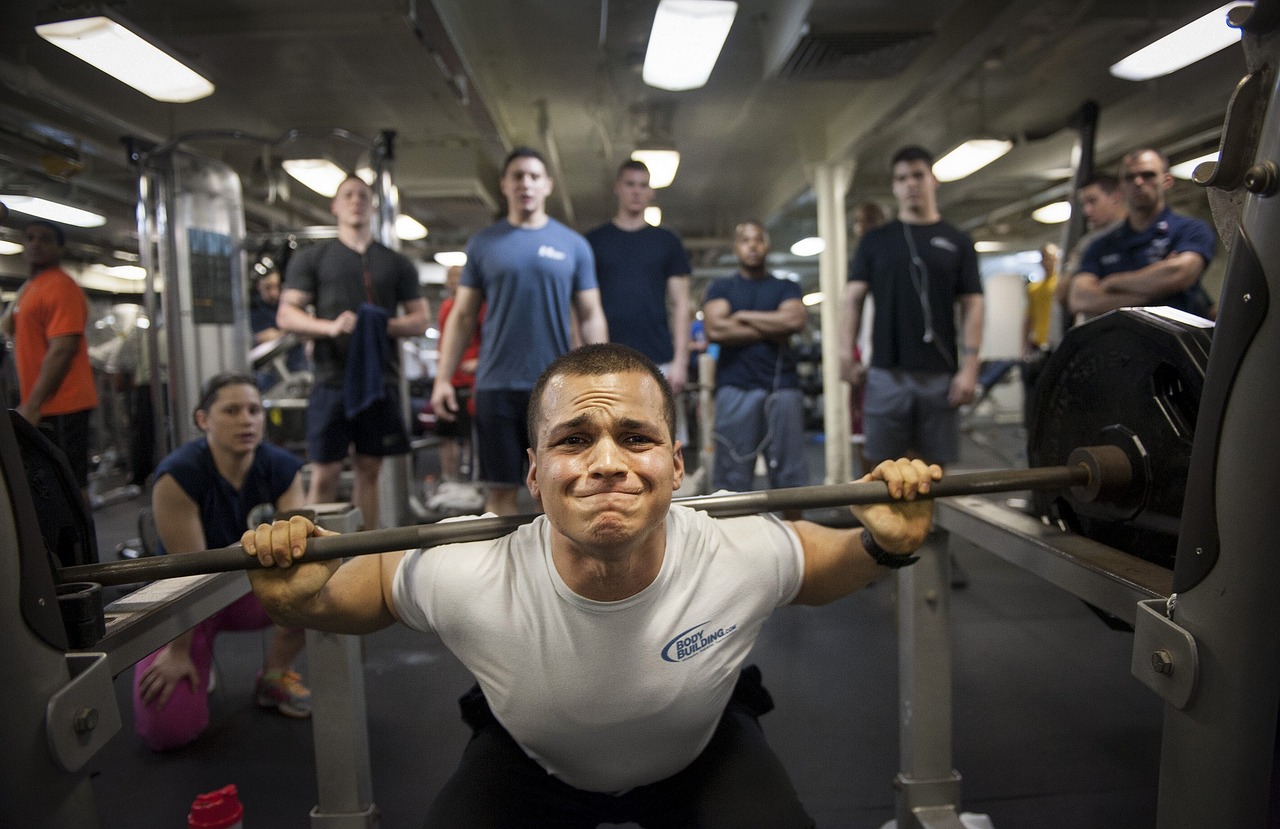We have all heard the cliché: no pain, no gain. While this is true to a certain extent, it turns out that you can actually train more than is good for you when working out. This condition is referred to as overtraining syndrome (OTS).
While many people know that working hard in the gym is important for increasing performance, they forget that resting is equally important for making gains. According to researchers at Rice University, “physiologic improvement in sports only occurs during the rest period following hard training.” This phenomena occurs because rest allows your body to recover; if you don’t give your body enough time to recover, your body does not get the chance to grow, and you will reach a “performance plateau“.
Image Source: Caiaimage/Sam Edwards
The symptoms of OTS are the exact opposite of the benefits that you receive from exercising at a healthy level. For example, OTS decreases your energy levels and immunity while healthy exercise increases your energy levels as well as immunity. This provides intriguing insight into what overtraining really does to you: it has the power to not only hinder your workouts, but also to produce negative effects within your body that are, in theory, supposed to be counteracted by exercise.
The good news is that there are ways to recognize if you are falling prey to overtraining. A few notable symptoms include:
- Fatigue
- Insomnia
- Decreased immunity
- Loss of enthusiasm for the sport
- A compulsive need to exercise
There are also quantitative ways to recognize OTS. One way is to track your aerobic heart rate over time. If your pace starts to decrease and your resting heart rate increases, there is an increased chance that you could be heading down the path of overtraining. Another method includes the orthostatic heart rate test, which allows you to monitor your state of health based on pulse rate.
There are simple ways to treat OTS, including rest, drinking water, massage, and cross training. Out of all of these treatments, rest is the most important. While it may be difficult to rest when dealing with OTS, especially if you’re experiencing a compulsive need to exercise, try staying away from the gym entirely for a bit in order to avoid giving yourself a chance to fall prey to the desire to exercise.
For those of you who do not have OTS but are worried about developing it, some prevention options include varying your workouts and scheduling sufficient rest time. Always remember to pay attention to the signs your body gives you when exercising.
Feature Image Source: skeeze











Great article!